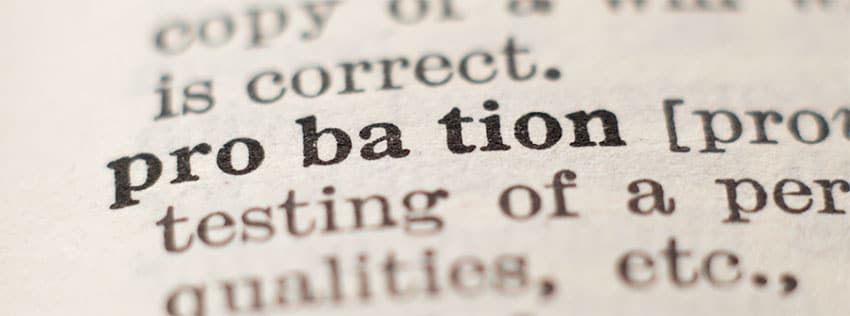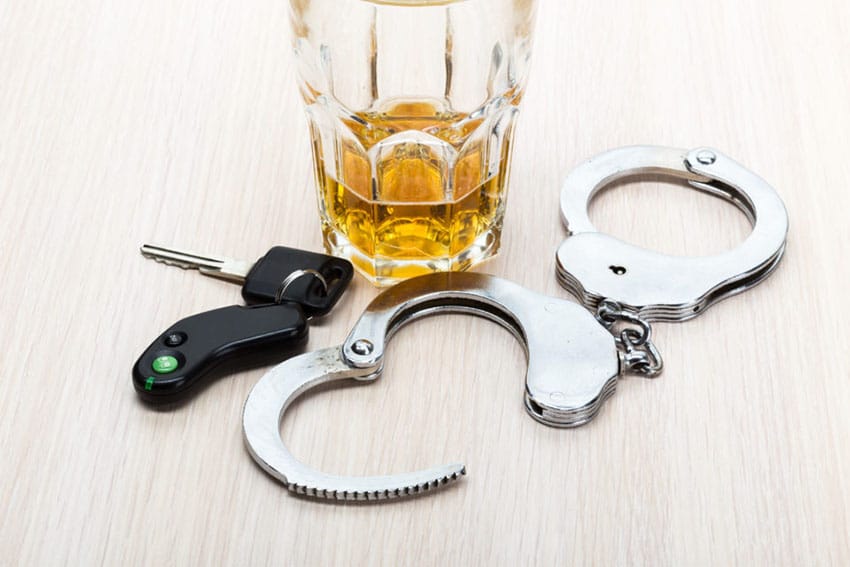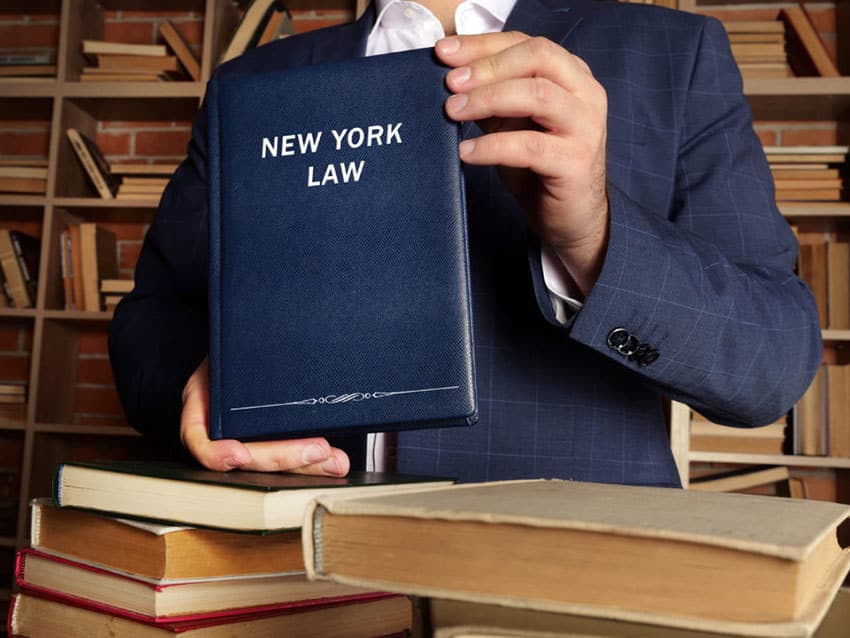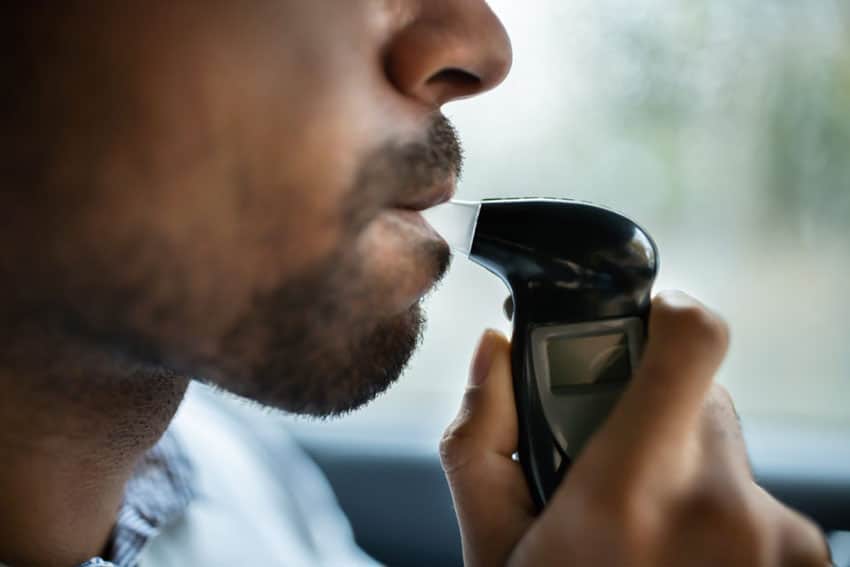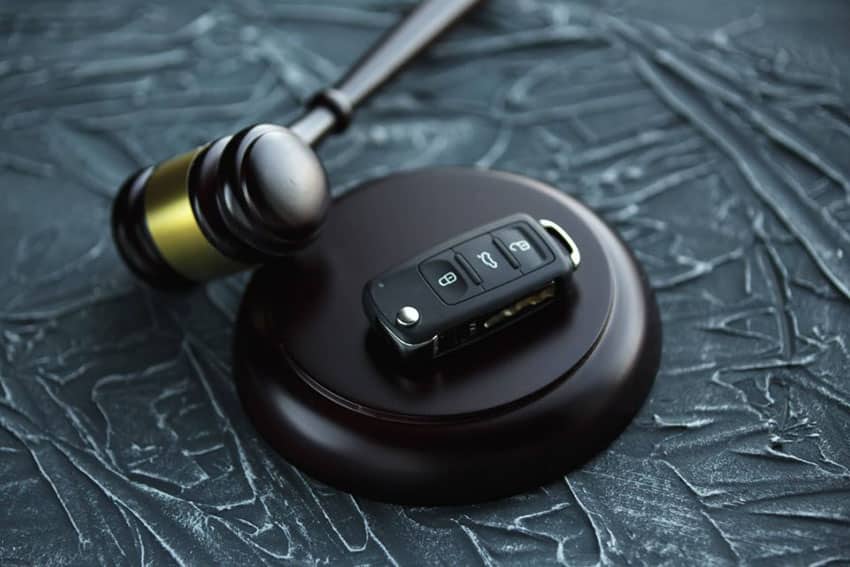Probation is a period of time imposed by the court following a conviction for a crime – whether by plea or after trial – where an individual avoids jail or is released from confinement or jail subject to a period of good behavior. During the probationary period, the defendant is under the supervision of the probation department and must satisfy conditions that can be punitive or rehabilitative depending on the ultimate sentencing decision made by the judge in the underlying criminal matter.
The term “DWAI” stands for “Driving While Ability Impaired” and is a legal term used in some jurisdictions to denote a lesser offense than DUI (Driving Under the Influence) or DWI (Driving While Intoxicated). DWAI indicates that a driver’s ability to operate a vehicle has been impaired by alcohol or drugs, but to a lesser extent than what is typically required to prove DUI or DWI.
Conditions on Probation
Generally, there are two classes of conditions on probation: punitive and rehabilitative. Punitive conditions include community service, weekend confinement, home confinement, curfew, and community development. Rehabilitative conditions may include substance abuse counseling, mental health counseling, sex offender counseling, prohibition from drinking alcohol, prohibition from all gambling activities, and submission to polygraph testing. In New York State conditions on probation are general and special when related to DWI and DWAI charges.
Violations on Probation
A person on probation is expected to avoid further criminal activity for life but certainly, during the period of time he or she is under the supervision of the probation department in the county where he or she lives. If a person fails to abide by the conditions of his or her probation, the probation officer has the power to file new charges, called a Violation of Probation (VoP) with the Court. These new charges place the person before the sentencing judge.
A VoP is a new matter. The person accused of violating the terms of his or her probation is entitled to a hearing without a jury to determine whether they did in fact violate the terms of their probation. There are technical violations, like failing to report to probation on a certain date and at a specific time, and substantive violations, like being charged with a new crime. The judge after listening to the evidence, based on a preponderance of the evidence standard, makes a finding of a violation or not and may adjust the underlying sentence, impose new conditions, or send the person to jail. Because the standard of proof is low and the judge’s final decision is difficult to appeal, many people agree to settle a VoP charge without a hearing.
Types of Probationary Conditions in DWI, DWAI Drugs, DWAI Combined Cases
The three most common conditions on probation following a DWI, DWAI Drugs, DWAI Combined cases are attendance at victim impact panel, installation and maintenance of an ignition interlock device in any vehicle that is owned or operated by the person, and attendance at a drinker driver program. Additionally, attendance in alcohol, drugs, and substance abuse counseling programs may be court-mandated as well.
The attorneys with the DWI Team are experienced in handling DWI cases. If you need a lawyer who can help you obtain the best possible outcome in your DWI case, contact the DWI team today.
DISCLAIMER: The exclusive purpose of this article is educational and it is not intended as either legal advice or a general solution to any specific legal problem. Corporate offices for the DWI Team are located at 231 Walton Street.; Syracuse, New York 13202; Telephone No.: (800) 394-8326 Prior results do not guarantee a similar outcome. Attorney Advertising.


